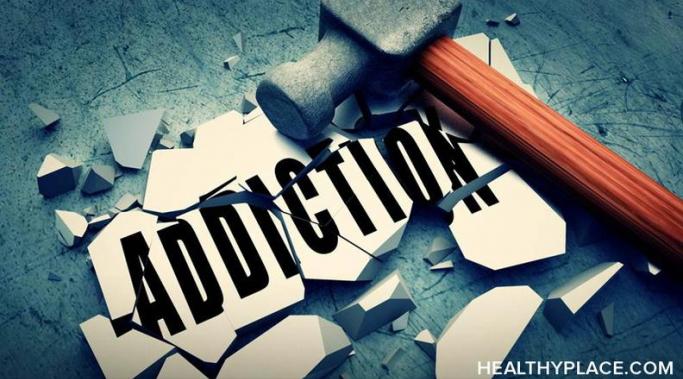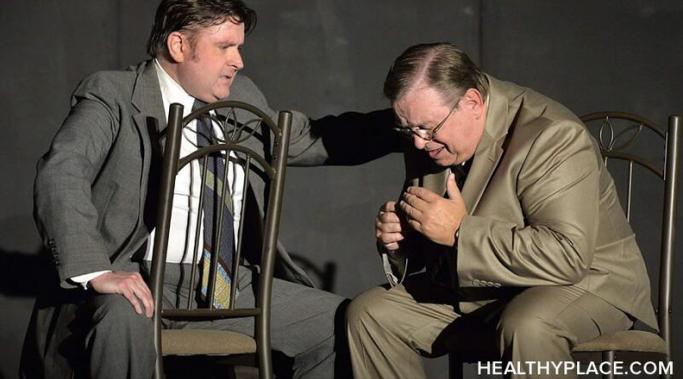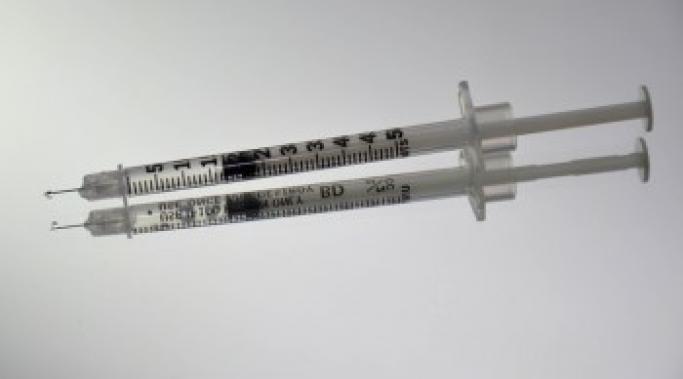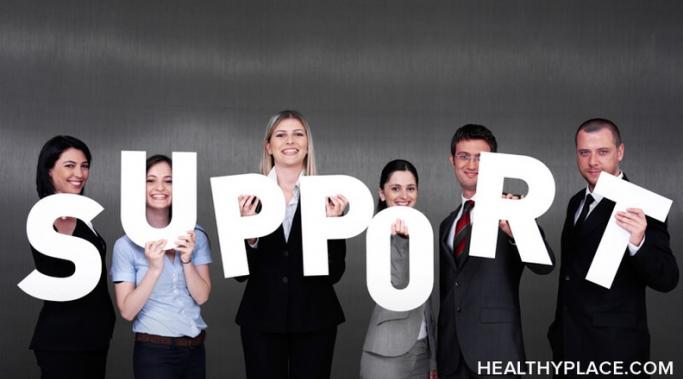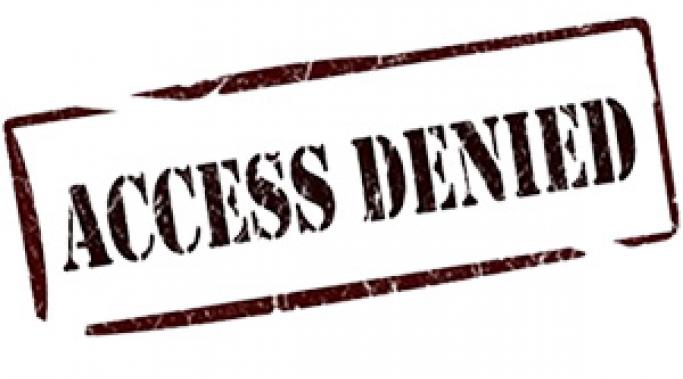Sponsorship during addiction recovery is one of the tenets of 12-step groups like Alcoholics Anonymous (AA). Many who have gotten, and remained, clean and sober have done so with the help of a sponsor guiding them through the process of recovery. While it has proven to be an effective tool in 12-step circles, some wonder whether sponsorship in addiction recovery is really an important element.
Addiction Support
A power greater than you can help with our addiction. A good example of insanity: doing the same thing over and over, expecting different results. That describes my addiction to a T. Of course, I knew that my actions caused myself and others great harm and yet I repeatedly chose those actions, thinking this time the result would be different. My life had become unmanageable and my very best efforts to abstain failed miserably. But once I acknowledged a power greater than me, God broke my addiction cycle and set me free.
My lack of emotional maturity during my active addiction caused me to stuff down my feelings. Thinking, “I have to feel my feelings?” caused me great fear when I started sobriety. Whenever I started working through a 12-step program, dealing with emotions felt like opening a closet door with a big, scary monster inside of it. The scary monster was all the feelings I’d stuffed in there, during the decade I used. I was emotionally immature and didn’t have tools to handle the ups and downs of life. Getting drunk or high was my response to every feeling. For example, if you made me angry, I would get "drunk at you" for revenge. It really was as silly and self-destructive as it sounds. I was so scared of that monster, my emotions in the closest, that I’d rather self-destruct than face them.
Twelve-step programs are probably the best-known programs for addiction recovery, but do they work? In my opinion, they can work – but it takes other addiction treatments as well. So, what part do 12-Step programs for addiction recovery play?
If you are caring for an addict – someone who has a drug or alcohol problem – then you know that taking care of the addict while still taking care of yourself isn’t easy. Addiction is not a spectator sport; it drags everyone around the addict into the game. Addiction tears families apart, causing such chaos and turmoil that it may seem like things can never get better. If you are a family member or loved one of an addict, you likely experience a mix of emotions when it comes to the one who is using drugs or alcohol – love, hate, pity, disgust, hopelessness, despair. It may feel like your life is not your own, that it revolves around the addiction, and it probably does right now. But, there are some things that you can do to restore some balance to your life even though you are caring for an addict while still taking care of yourself.
One of the most important ways I have learned to deal with triggers in addiction recovery is using the H.A.L.T. acronym. If you have been to treatment for addiction, then you likely know what I am talking about. H.A.L.T. stands for hungry, angry, lonely, tired and it refers to the things that you should pay attention to when you are feeling restless, irritable or discontent. What I have learned is that when I am feeling that way, it’s probably that I am hungry, angry, lonely or tired, and that if I address the underlying feeling, then I feel better. Using H.A.L.T. in addiction recovery is a simple way to avoid triggers and get to the heart of what’s really bothering you.
Safe injection sites are becoming more popular across the world (Heroin Abuse, Heroin Overdose). But only two exist in North America, both in Vancouver, British Columbia. So what are safe injections sites and what benefits and concerns do they bring?
Addiction recovery 12-step programs have many benefits and are widely popular. However, 12-step programs also attract a lot of criticism, and there are other addiction programs available for those who find fault with 12-Step programs. For me, the benefits of 12-step addiction programs far outweigh any drawbacks.
Substance use withdrawal from alcohol, opiates and benzodiazepines is unpleasant and can be dangerous or even fatal, as I wrote about in my last post, Dehumanizing Addicts: A Stigma Leading To Deaths. But different substances produce different kinds of withdrawals and dangers. Here is an overview of withdrawal symptoms for alcohol, opiates, and benzodiazepines (a future post will address more substances).
We need improved access to substance abuse treatment in the United States. Ludicrous wait times and addiction treatment prices are costing Americans too much in every way. Improving access to substance abuse treatment would save lives, money, and countless intangible types of loss.

